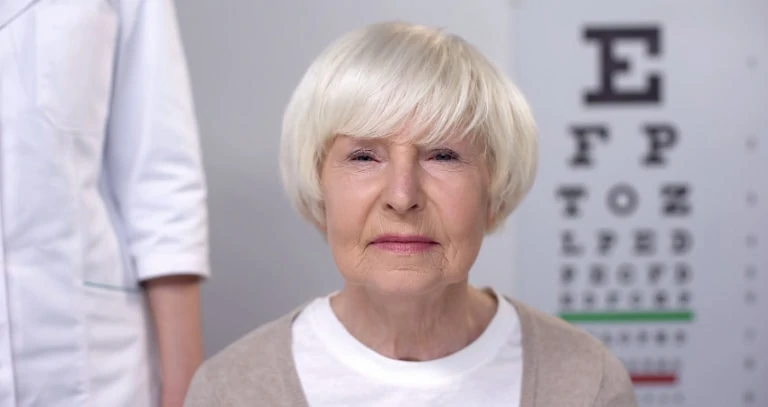When you’re young, the lens of your eye is crisp, clean, and clear. As you head into your 60s, 70s, and 80s, that same lens will begin to cloud over. Similar to sagging skin over time, cataracts are inevitable for most aging people. In fact, more than half of people have them by the time they’re 80. We’ll look at what they are and how you can treat them.
The Lens of the Eye
In a normal eye, the lens will concentrate light at the retina before sending signals to the brain. This is what allows you to adjust your focus, making it possible to see things that are both near and far. As the normal proteins in the lens begin to break down over time, they’ll make the lens cloudy. Cataracts between the eyes aren’t connected to each other, so you may only develop in one eye.
People who smoke, take certain medications, or expose themselves to too much sun may be more susceptible to cataracts. Colors will become tinted or faded and you may experience double-vision or poor night vision. It can also cause bursts of light, like headlights or strong lamps, to become blinding. You can think of the lens as a piece of aging plastic, one that will eventually become harder and yellowed over time.
How to Treat Cataracts
Because cataracts take so long to develop, some people can mitigate their effects just by getting new eyewear. Anti-glare sunglasses, magnifying lenses, and new prescriptions can all go a long way at first. But as the condition worsens over time, the only thing that you can really do is get surgery to remove cataracts.
If your health is stable enough for surgery, you can expect your doctor to measure your eye’s size and shape about a week before the procedure. The surgeon will use that information to select an artificial lens. The surgery itself is fast, typically under a half-hour, and done as an outpatient procedure. The doctor will make a very small incision in the cornea, so a probe can break up the old lens into tiny pieces before a suctioning device can pull them out. They’ll then replace your old lens with an artificial lens so you can see again.
Call for an Assessment
There’s really no other way to fully treat cataracts beyond getting the surgery. The good news is that this procedure is common, safe, and effective. If you’re interested in an assessment, Florida Eye Specialists can help.
We have eight locations from which to choose, and we offer virtual appointments so you don’t have to wait. All you’ll need for a telemedicine appointment is your ID, something to read, and your insurance information, so schedule one today!

